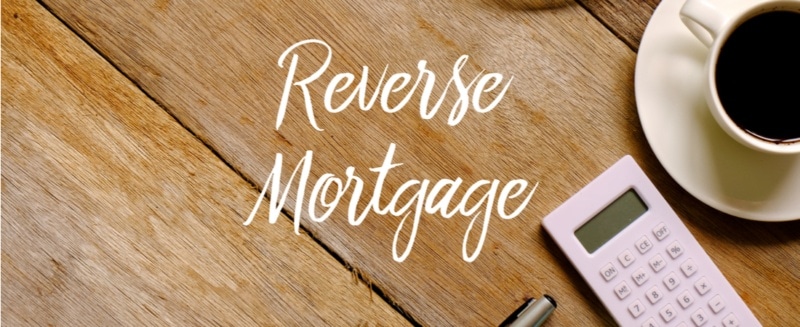If you take out a reverse mortgage and don’t use the funds available, can you use it as an investment?
The answer: Yes, if you take out a reverse mortgage and you don’t use the credit immediately, it will grow over time.
“The line of credit grows over time because the amount that you have to use is based on a time period, so that if you wait longer, you have access to more money,” says Marty Bell, senior vice president of marketing and communications at the National Reverse Mortgage Lenders Association.
A reverse mortgage is a financing tool that allows you to convert part of the equity in your home into cash without having to sell your home or pay additional monthly bills. In a reverse mortgage, you receive money from the lender, and generally don’t have to pay it back for as long as you live in your home. The loan is repaid when you die, sell your home, or when your home is no longer your primary residence. The proceeds of a reverse mortgage generally are tax-free, and many reverse mortgages have no income restrictions.
And if you don’t use the funds the pot may increase 3 to 4 percent per year. However, it is not interest that is increasing, it’s the value of your home, and since the line of credit is based on the value of your home, it will also increase.
“The idea behind the ‘growth rate on unused funds’ is to allow the borrowers access to future home value appreciation without having to refinance to gain access to it, since the home typically goes up in value,” says Earl Rose, vice president of mortgage lending and reverse mortgage specialist at mortgage broker Guaranteed Rate.
Some lenders make the case that, in conjunction with a two-bucket investment strategy, you could even use a reverse mortgage as a way of supplementing your retirement portfolio, should the stock market fail. A study from the Financial Planning Association shows that using a reverse mortgage can be a cost-effective risk management tool for retirement distributions.
“It’s a great standby tool for life’s little surprises that come up,” Bell says.
The bottom line is that you can take out a reverse mortgage as a line of credit, not use and see that line grow.
[amazon_link asins=’B072BTCMP6,B07712T2KV,B00HRYBYRU’ template=’ProductCarousel’ store=’thinkglink-20′ marketplace=’US’ link_id=’38ca5e94-2165-11e8-829c-59284f02df1c’]







Elyce, If the line of credit is growing, and the real estate market tanks, does the line of credit stop growing? is the rate of growth tied to the prevailing interest rate? or the value of the home? Such that if the market tanks and the line of credit rate goes way up, will the line of credit still grow an at the prevailing interest rate?, or will the growth stop or the actual credit line decrease, based on the decreased value of the home? (while the cost of the credit is going up per the escalating interest rates?) This could be disaster if this is the case.
Greetings – I agree that this could be a huge issue. The way it has been explained to me is that there is a predicted home value growth rate of 3 to 4 percent that is built into the model. And, some reverse mortgage lenders got caught in the last downturn.
So, if the line of credit is untapped, the total value of the home is assumed to grow at 3 to 4 percent per year and so the line of credit would likewise grow.
Should there be a crash in home values (again!), I don’t think that the lines of credit would be clamped down, like a credit card. That’s because these reverse mortgages are backed by the federal Government.
I do agree that if everyone did this, and the lines of credit swelled, and then crashed but owners then cashed them in, there could be real problems. The only reason why this might not actualize is that relatively few reverse mortgages are sold. In the past few years, less than 200,000 reverse mortgages have been closed.
Hope this helps.
What about the cost of the mortgage, initial cost plus monthly interest fee? I understand that the current monthly rate is 5%; however, I have averaged over 7% in our very conservative Mutual Fund account. I’m thinking of taking out a reverse mortgage in about 4-5 years to increase my mutual fund, thus increasing my monthly income from that source at that time. I realize ultimately it will diminish our estate (the 5% interest), but at that time, we will need the additional income. (Job loss and especially the housing economy has forced us to rethink our plans.)
Clark Howard has suggested that a reverse mortgage was too expensive. I am wondering if anything has changed regarding reverse mortgages.